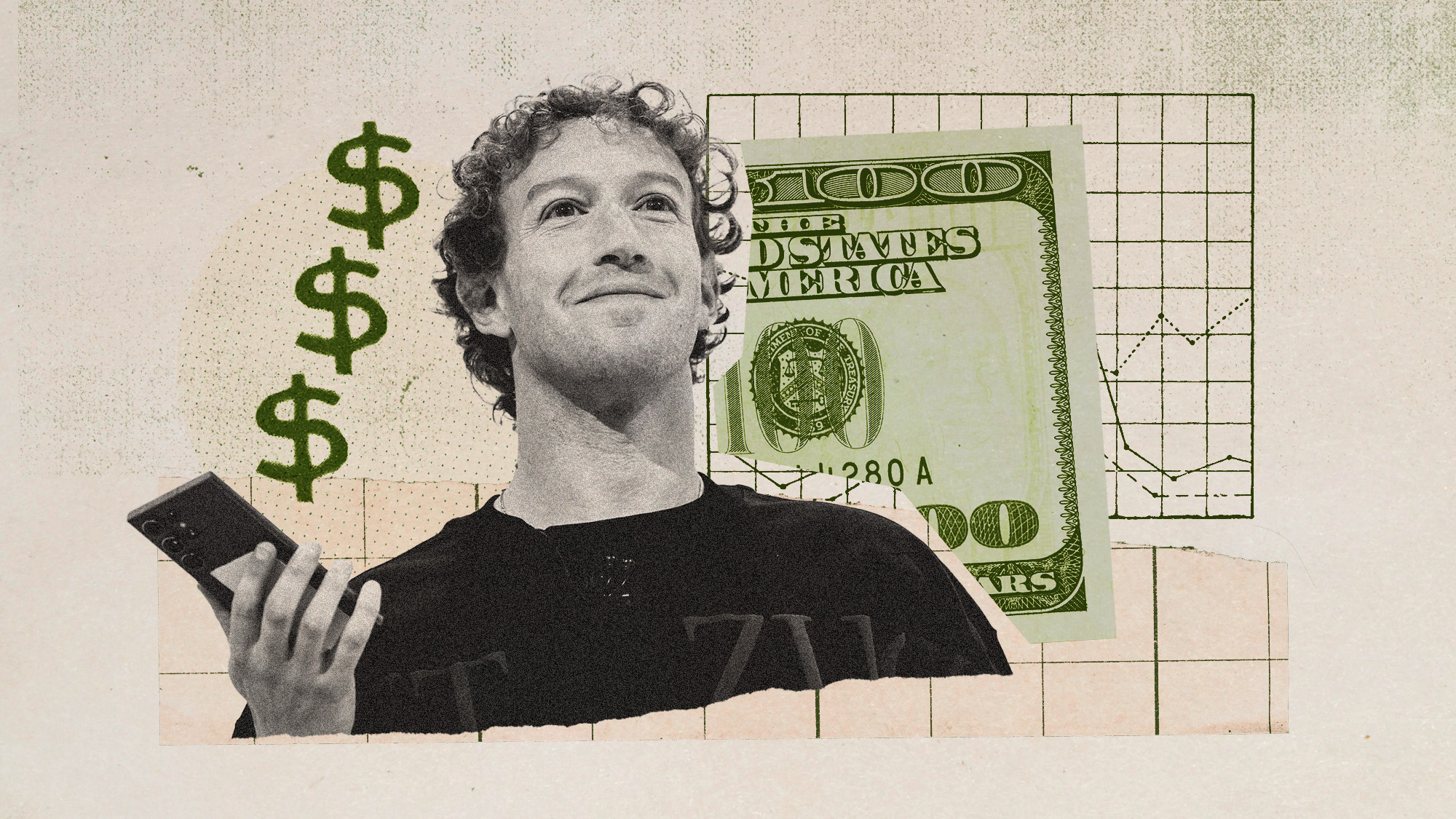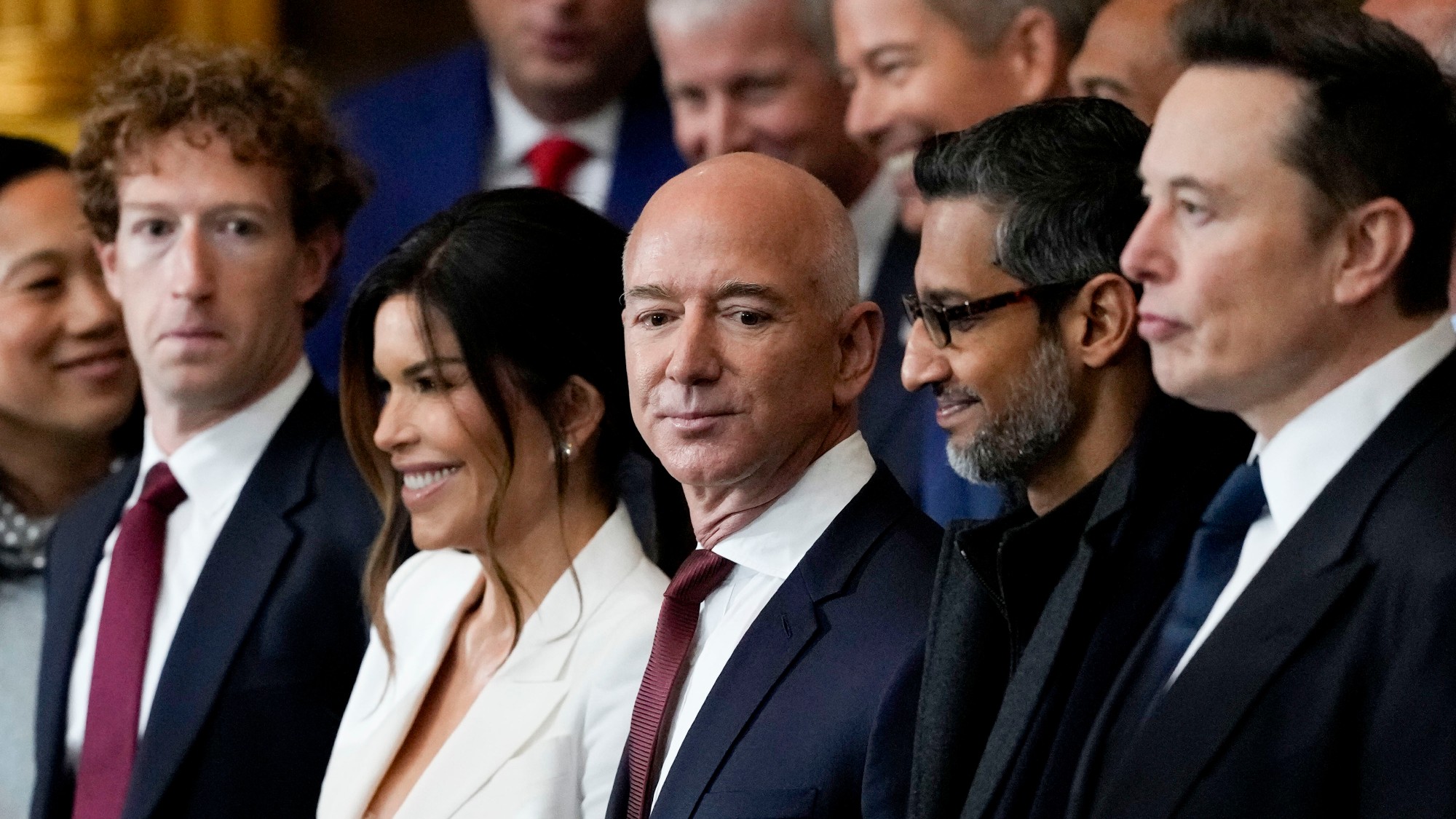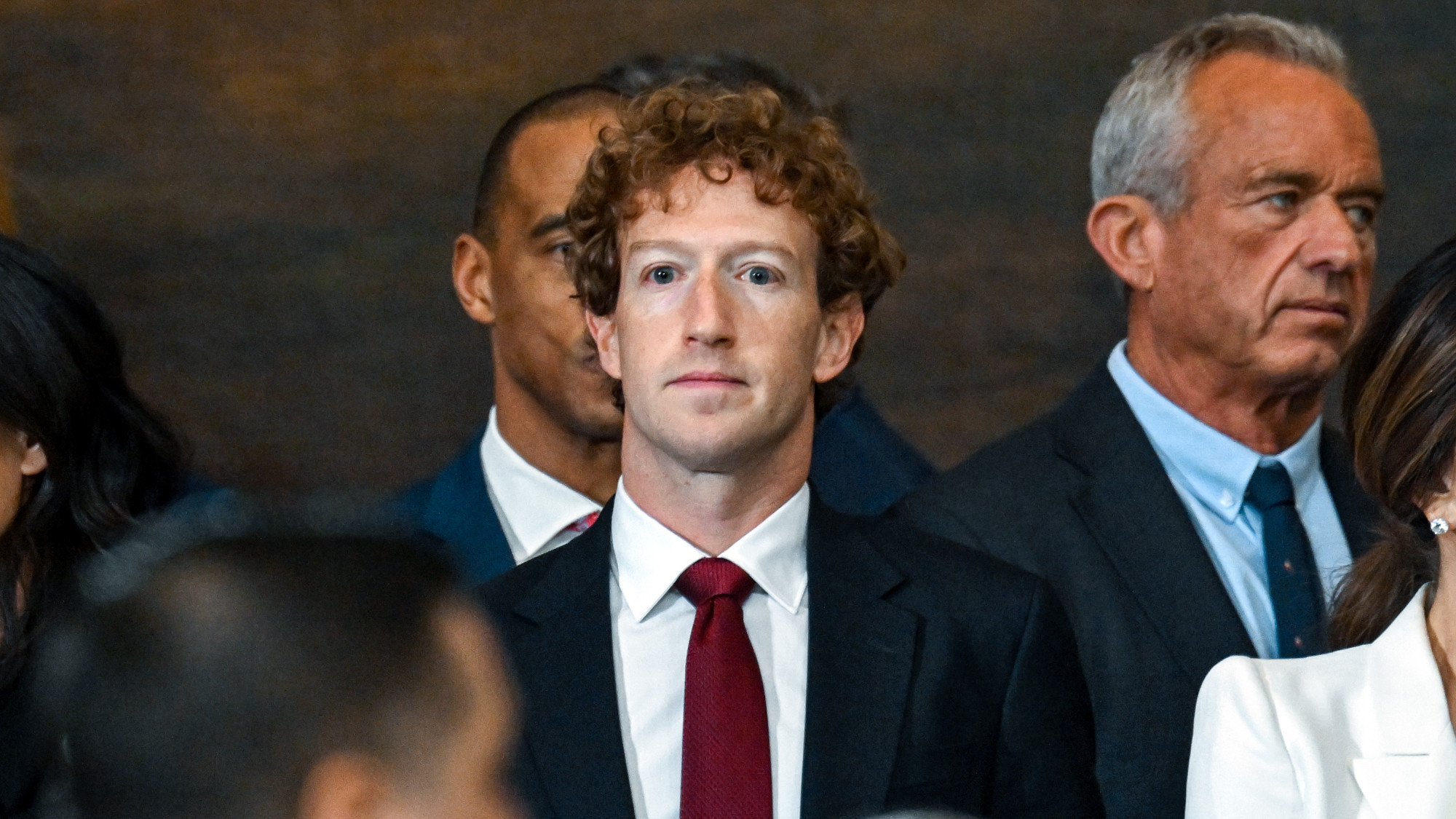Facebook will pay $5bn fine over privacy violations
It is the largest fine the FTC has ever levied, and includes commitments from Facebook on its privacy practices, but does it go far enough?

A free daily email with the biggest news stories of the day – and the best features from TheWeek.com
You are now subscribed
Your newsletter sign-up was successful
The US Federal Trade Commission (FTC) has reached a $5bn settlement with Facebook Inc over its year-long investigation into allegations of widespread mistreatment of consumer data.
The settlement, announced on Wednesday, commits the social media behemoth to restructuring its approach to users’ privacy, and setting up tools to allow the FTC to monitor its practices. The penalty is the largest privacy fine in history, but is also equivalent to around the amount Facebook makes in a month.
“Despite repeated promises to its billions of users worldwide that they could control how their personal information is shared, Facebook undermined consumers’ choices,” said FTC chairman Joe Simons.
The Week
Escape your echo chamber. Get the facts behind the news, plus analysis from multiple perspectives.

Sign up for The Week's Free Newsletters
From our morning news briefing to a weekly Good News Newsletter, get the best of The Week delivered directly to your inbox.
From our morning news briefing to a weekly Good News Newsletter, get the best of The Week delivered directly to your inbox.
The news comes against a backdrop of increased concerns in Washington, and with governments internationally, around the vast power accumulated by powerful tech companies. Facebook’s share price dropped roughly 1% early on Wednesday.
As The Daily Telegraph reports, “The fine against Facebook comes one day after the US Department of Justice opened an investigation into whether companies such as Facebook, Amazon and Google 'stifled innovation' by thwarting competition unlawfully.”
Facebook doesn’t admit any wrongdoing, but has said it will pay the fine.
The settlement divided the FTC, which is comprised of five members - two Democrats and three Republicans - along party lines. Republicans championed the agreement, while Democrats deemed it insufficiently punitive.
A free daily email with the biggest news stories of the day – and the best features from TheWeek.com
The Washington Post reports that the FTC was split over issues such as the culpability of Facebook CEO Mark Zuckerberg. Despite the Democratic members’ belief “that corporate leaders should be held personally accountable for their companies’ repeated privacy mishaps”, Facebook “steadfastly opposed placing Zuckerberg under order”, says the newspaper.
The settlement was reached on the proviso that Zuckerberg would avoid direct liability.
Nevertheless, according to Reuters, “under the… settlement, Facebook’s board will create an independent privacy committee that removes ‘unfettered control by Facebook CEO Mark Zuckerberg over decisions affecting user privacy.’”
“Mark Zuckerberg, chief executive, and the privacy officers will be required to certify that the company is in compliance with Facebook’s privacy programme on a quarterly basis,” the Financial Times reports.
The FTC said: “Any false certification will subject them to individual civil and criminal penalties.”
Democrat commissioners also believed the fine should have been higher.
The agency probe focused specifically on whether Facebook violated a previous 2011 privacy settlement. According to the Associated Press, the investigation was opened “last year after revelations that data mining firm Cambridge Analytica had gathered details on as many as 87 million Facebook users without their permission”.
FTC chairman Simons said in a statement that the measures “will provide significant deterrence not just to Facebook, but to every other company that collects or uses consumer data”.
The New York Times suggests that Democrat commissioner Rohit Chopra dissagreed, quoting him as saying: “When companies can violate the law, pay big penalties and still turn a profit while keeping their business model intact, enforcement agencies cannot claim victory.”
Zuckerberg posted on his Facebook page: “We have a responsibility to protect people’s privacy. We already work hard to live up to this responsibility, but now we’re going to set a completely new standard for our industry.”
William Gritten is a London-born, New York-based strategist and writer focusing on politics and international affairs.
-
 The mystery of flight MH370
The mystery of flight MH370The Explainer In 2014, the passenger plane vanished without trace. Twelve years on, a new operation is under way to find the wreckage of the doomed airliner
-
 5 royally funny cartoons about the former prince Andrew’s arrest
5 royally funny cartoons about the former prince Andrew’s arrestCartoons Artists take on falling from grace, kingly manners, and more
-
 The identical twins derailing a French murder trial
The identical twins derailing a French murder trialUnder The Radar Police are unable to tell which suspect’s DNA is on the weapon
-
 Is social media over?
Is social media over?Today’s Big Question We may look back on 2025 as the moment social media jumped the shark
-
 Metaverse: Zuckerberg quits his virtual obsession
Metaverse: Zuckerberg quits his virtual obsessionFeature The tech mogul’s vision for virtual worlds inhabited by millions of users was clearly a flop
-
 Social media: How 'content' replaced friendship
Social media: How 'content' replaced friendshipFeature Facebook has shifted from connecting with friends to competing with entertainment companies
-
 Meta on trial: What will become of Mark Zuckerberg's social media empire?
Meta on trial: What will become of Mark Zuckerberg's social media empire?Today's Big Question Despite the CEO's attempt to ingratiate himself with Trump, Meta is on trial, accused by the U.S. government of breaking antitrust law
-
 What does an ex-executive's new memoir reveal about Meta's free speech pivot?
What does an ex-executive's new memoir reveal about Meta's free speech pivot?Today's Big Question 'Careless People' says Facebook was ready to do China censorship
-
 What's Mark Zuckerberg's net worth?
What's Mark Zuckerberg's net worth?In Depth The Meta magnate's products are a part of billions of lives
-
 What Trump's 'tech bros' want
What Trump's 'tech bros' wantThe Explainer Elon Musk, Mark Zuckerberg and Jeff Bezos had 'prime seats' at the president's inauguration. What are they looking to gain from Trump 2.0?
-
 Big tech's big pivot
Big tech's big pivotOpinion How Silicon Valley's corporate titans learned to love Trump
